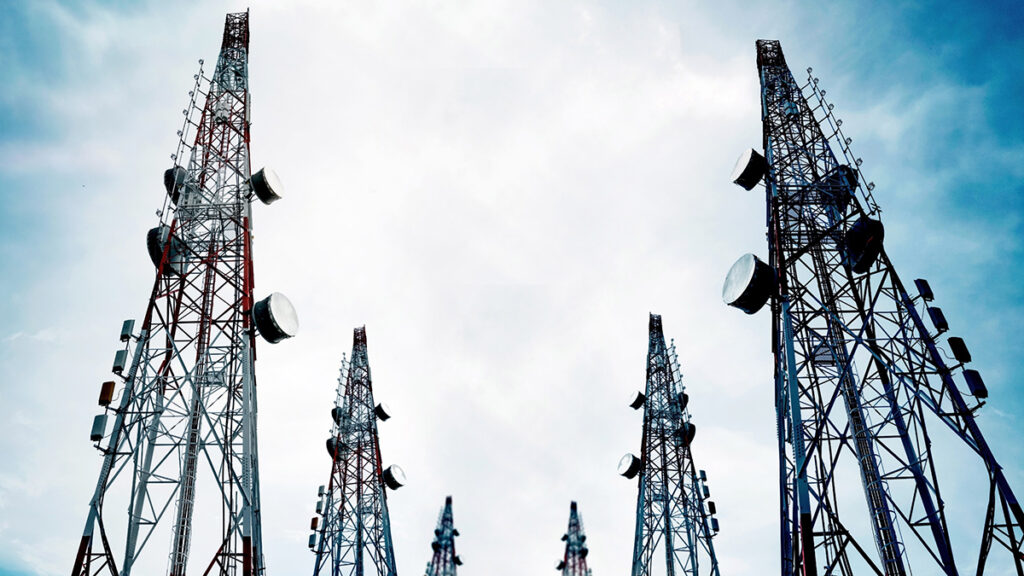The telecommunications industry says sabotage of economic infrastructure is undermining investor confidence.
As the country awaits today's budget speech, local telecommunications bodies the Communications Risk Information Center (COMRiC) and the Communications Technology Association (ACT) have issued a statement to Finance Minister Enoch Godongwana that will have significant implications for the sector and the nation. It calls for prioritizing two key areas of concern. Broader community – impact of load shedding and damage to communications infrastructure.
According to the statement, the communications sector believes it is important that the cost of services is kept as low as possible and that the government has an important role to play in ensuring this is achieved.
Both agencies are calling on ministers to consider a diesel rebate for the telecommunications sector.
They say relying on diesel generators to provide backup power to cell phone towers comes with significant operating costs, especially in remote and underserved areas.
They complain that since Eskom began load shedding, SA mobile operators have seen a spike in infrastructure theft and vandalism, leaving communities without connectivity.
Last year, Vodacom announced it had spent more than R4 billion on back-up power, including batteries and generators, in the past three years alone amid continued grid instability.
In MTN's financial report for the year ended December 31, the company lamented the challenges posed by the power crisis, saying load shedding had had a R695 million impact on earnings before interest, tax, depreciation and amortization. Stated.
According to COMRiC and ACT, the industry has actively spent billions of rands on back-up power solutions to ensure network stability and continuity, but network performance degradation during higher levels of load shedding After experiencing this, customers became increasingly dissatisfied.
Additionally, telcos are spending heavily on diesel to prevent load shedding, with around R1.2 billion being spent in 2023 alone. They say sabotage of economic infrastructure is destroying investor confidence, impacting connectivity and destroying critical infrastructure needed for economic growth.
“In the face of power outages, which are particularly common in regions with unstable power grids, diesel generators ensure network uptime and maintain critical communication channels for both consumers and emergency services.” It is stated in.
“Diesel rebates not only ease the financial burden on providers and ensure continued service reliability and consumer satisfaction, but also enable cost savings to support network expansion, technology upgrades, and a more sustainable It also allows us to direct it towards energy solutions.”
Rebates will go a long way in improving connectivity in rural and developing regions, promoting inclusion and economic growth. During 2023, telcos are estimated to have spent more than R1.1 billion on diesel to power critical infrastructure, the statement said.
COMRiC is a joint effort between SA's major telecommunications operators focused on securing networks from criminals, while ACT works with stakeholders across the ICT ecosystem to We advocate the prosperity of the telecommunications sector.
COMRiC and ACT say they also want to see an increase in law enforcement funding dedicated to combating crimes against communications infrastructure.
The rampant theft of high-capacity batteries, diesel fuel, and vandalism of base stations by criminal organizations poses a significant threat to network integrity and resiliency.
“These criminal acts not only result in significant financial losses for providers, but also jeopardize the security and reliability of communications for millions of South Africans. Strengthen police visibility and capacity. , we can more effectively combat these crimes, protect our infrastructure and ensure uninterrupted service to the public,” they warn.
“I look forward to the Minister of Finance’s support on these issues as we continue to strive towards a more connected and secure South Africa.”

